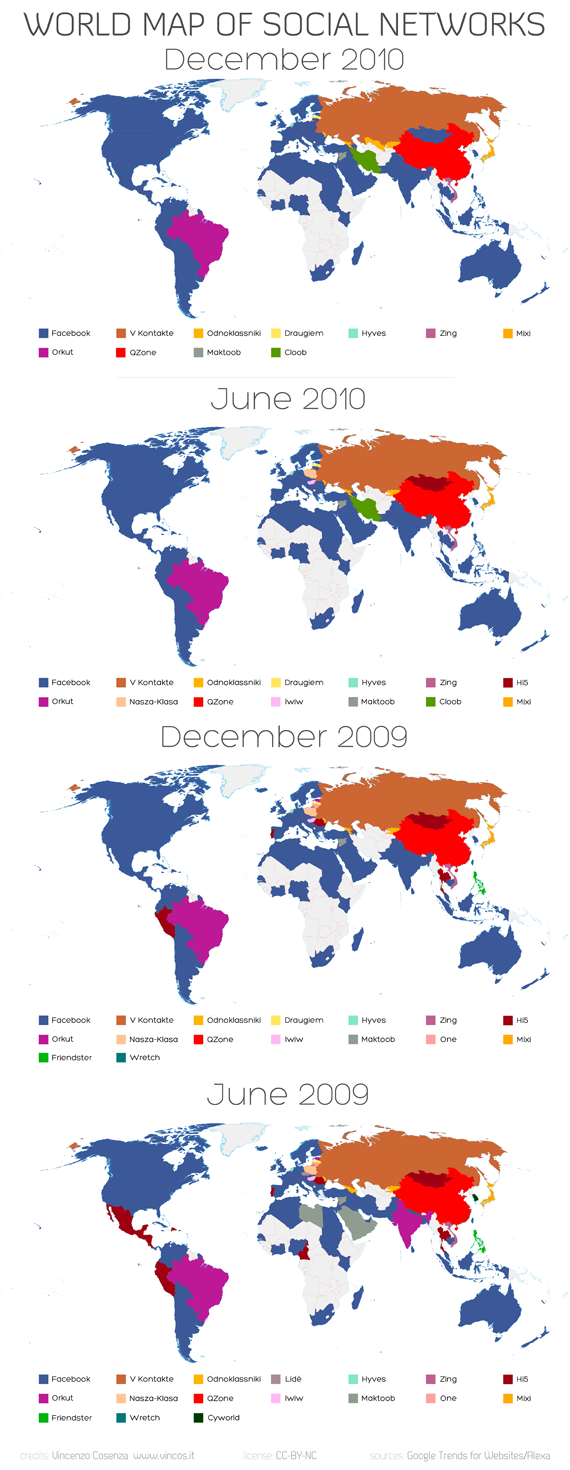Satoshi Kambayashi

SEPARATING truth from propaganda in China has always been hard, not least when it comes to numbers. Accountants, of all people, were seen as such a threat that during the 1960s they were packed off to re-education camps, dooming the profession for decades afterward. Even in kindlier times, businesses reported information that would interest a centrally planned economy, such as production quotas. The measuring sticks of bourgeois managers—costs, debt, depreciation, and (of course) profit—were ignored.
But since the 1990s China has begun scrubbing up its accounting system. At the beginning of this year it made its biggest move yet when the Ministry of Finance required the 1,200 companies listed on the Shenzhen and Shanghai stockmarkets to adopt, with important exceptions, norms similar to International Financial Reporting Standards (IFRS). These standards may sound like instruments of accounting torture, but countries all over the world are embracing them. China has given all its other firms the option of complying with them “voluntarily”—a word with many shades of meaning. If the changes are more than just cynical window-dressing designed to attract foreign investment, they will mark a profound shift in what China wants people to know not only about its companies, but also about its economy and its government.
A new accounting system would certainly help China. Most companies are good at keeping tabs on their operations, but the book-keeping is complicated by use of a thick manual that makes bewildering distinctions between different kinds of provisions. The result is a mess. “The records are complete, the question is how do you make sense of them,” says T.J. Wong, a professor of accounting at the Chinese University of Hong Kong.
Murder by numbers
There is abundant evidence, from trade statistics to fumes spewing out of factories and power plants across the country, that the Chinese economy is doing well. But how well individual companies are doing is far harder to tell. The financial results of companies that global investors wish to buy into can be as unintelligible as the dialect spoken in the company town. It is said (with apparent sincerity) that some Chinese firms keep several sets of books—one for the government, one for company records, one for foreigners and one to report what is actually going on.
Under the new approach, accounts will be prepared under 39 principle-based standards structured to reveal the economic value of a firm, with the aim of using market prices wherever possible. A clear understanding of a firm's revenues, costs and debt would enhance the efficiency of China's companies—the avowed goal—as well as making it easier to attract foreign capital and to invest abroad.
More profoundly, by properly reflecting costs, the heavy burden of state control would become more evident, as would the pricing signals that indicate the real desires of the Chinese people. Sleazy transfers of mispriced assets from the state to the private sector would become vastly more difficult. Theoretically, accounting would serve as a force for democracy.
Given all these benefits, the decision to shift accounting standards was, says one informed observer, not unlike the one to host the Olympics. It emanated from the top of the Beijing government and was aimed at bringing China into line with the rest of the world. Accounting, however, makes Olympiads look easy.
All China must pull off to host the games is to renovate bits of its big cities. By contrast, international accounting standards are built on foundations that China does not possess, such as experience of truthful record-keeping and deep, clean, markets so that “fair” valuations can be placed on financial instruments, property and softer assets like brands and intellectual property. (These in turn rely on enforceable laws.) What market exists that could put a fair price on the clumps of freshly built office blocks that stand empty in cities across China, asks Gary Biddle, a professor of accounting at the Hong Kong University of Science and Technology.
The decision to adopt international accounting standards was made in November 2005, to be put into effect in little more than a year. The announcement generated praise (for its worthy intentions) and shock (for its ambition). America, despite having the world's deepest financial markets, is concerned about using market-based “fair-value” reporting and will only partially converge with international standards by the end of 2008, if then. Thailand and South Korea have yet to pledge convergence of their own systems with IFRS, despite having many years' more experience than China with market-based accounting systems.
Beansprout counters
To witness the scale of the work ahead, you need only look at the upheavals in a mainland firm when it lists its shares in Hong Kong, and must therefore bring its accounts up to international standards. In a developed market, the number-crunching ahead of a listing takes months. In China, it can take up to three years. And these are typically the best Chinese companies, able to afford the best advisors.
Certain conditions, such as “related-party” transactions, are almost impossible to bring into line with international standards, so they will be fudged. Under international accounting norms, deals between companies with overlapping ownership are supposed to be clearly disclosed. This is a sound principle in general and particularly appropriate for companies in countries where the government owns a piece of almost everything, and presses companies to take steps that may be bad for them (such as buying from troubled suppliers to protect jobs).
But because overlapping ownership is so common in China (the government still owns shares in almost every large company), detailing each transaction would overwhelm a financial report. For “pure state-controlled enterprises” there will be no disclosure requirement.
An equally large problem is the lack of accountants to process the raw numbers. In no other place in the world, and probably at no other time in history, have accountants been so sought-after as they are in China. By even the most generous reckoning, the country has fewer than 70,000 practising accountants, trying to do the work of anything from 300,000 to a million bean counters. To be an accounting student at a reputable school is to have a good job waiting. But even after several years of education, accountants require an apprenticeship, especially if they are to get to grips with international standards based on intellectually demanding principles rather prescriptive rules. Accountants in Britain, acknowledging the difficulties, are helping with the training.
Hong Kong and China are also hosting seminars where the new standards are presented to crowds of eager accountants; but the long lectures do not provide anything like enough of a guide to a person preparing, or auditing, a firm's books. It is said that Chinese officials have put pressure on many outsiders helping introduce the new regime to say that convergence has already taken place; that has clearly frightened many, and muffled criticism.
Silence, though, would be costly, says Martin Fahy, director of development for the Asia-Pacific region at the Chartered Institute of Management Accounts. “You can't have a functioning financial market and economy without objective and independent accounting. This is a test for not only China, but for the integrity of the accounting profession as well.”
To gauge accountants' understanding of the changes to financial reporting in China, a manager at a large investment-fund company has asked a string of accounting firms whether earnings will rise or fall or at least better reflect businesses' performance. It is hard to imagine a simpler test. No one had an answer.
.














No comments:
Post a Comment